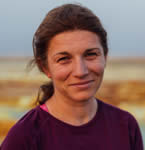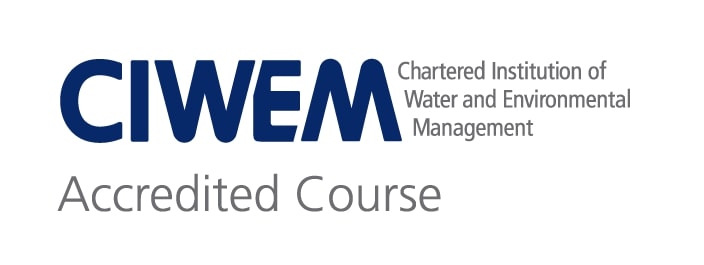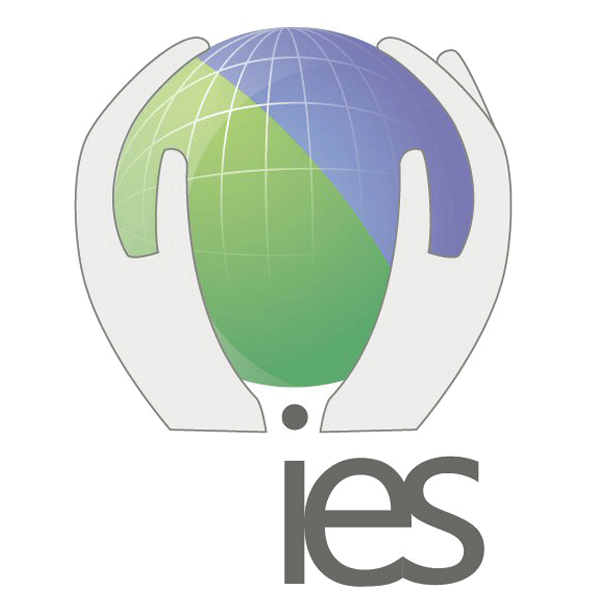Astrobiology
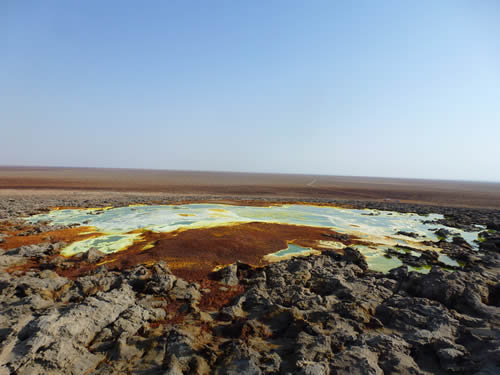
Our unique approach to astrobiology research combines fieldwork, laboratory simulations, thermochemical modelling and in situ observations.
We aim to:
- Understand how life exists in extreme environments;
- Investigate the survivability of microorganisms and biomarkers in real and simulated extra-terrestrial conditions;
- Characterise potentially habitable environments elsewhere in the Solar System;
- Identify chemical and geochemical signatures that could be used to identify or negate the presence of life.
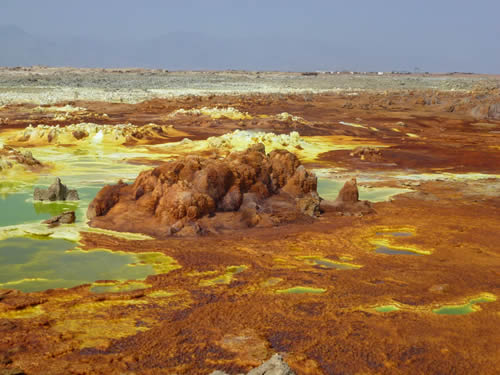
To address these objectives, we draw on knowledge and techniques from a range of science disciplines, such as microbiology, organic geochemistry, mineralogy, planetary science and instrument development. We have world class planetary simulation facilities, which are part of a European Infrastructure project.
We study the feasibility of habitable environments existing elsewhere and how life could exist in such environments. We use this information to identify bio-signatures that could be used as evidence of life. Our work is fundamental for understanding the conditions in other planetary environments, which can inform future life detection missions, and is crucial for understanding the data (or samples) returned by such missions.
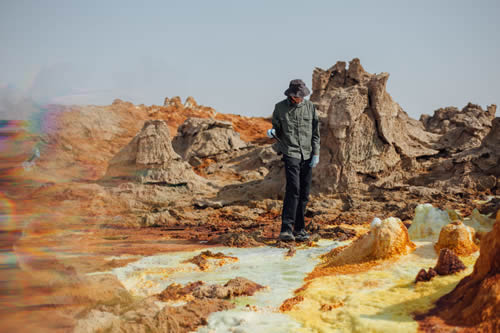
Members of the team are involved in international astrobiology-related exploration activities including the NASA Mars Science Laboratory (MSL), the ESA ExoMars programme, the ESA Expose missions.
Our academics, postdocs and postgraduate students are drawn from the School of Earth, Environment and Ecosystems Sciences and the School of Physical Sciences as well as from the faculties of Business and Law and Arts and Social Sciences.
We're also have an excellent team of laboratory and support hub staff.
Please watch the video below and visit our website to find out more about Astrobiology and to view our full list of members.
The video features Karen Olsson-Francis (right), Susanne Schwenzer (left), both based in EEES, and Vic Pearson (centre) from the School of Physical Sciences.
News
Celebrating our new Professor of Ocean Biogeochemistry, Pallavi Anand
We are celebrating another new professor in EEES, following the promotion of Dr Pallavi Anand to Professor of Ocean Biogeochemistry.
Celebrating our new Professor of Planetary Mineralogy, Susanne Schwenzer
We are celebrating a new Professor in EEES. Dr Susanne Schwenzer has recently been promoted to Professor of Planetary Mineralogy.
-banner.jpg)
